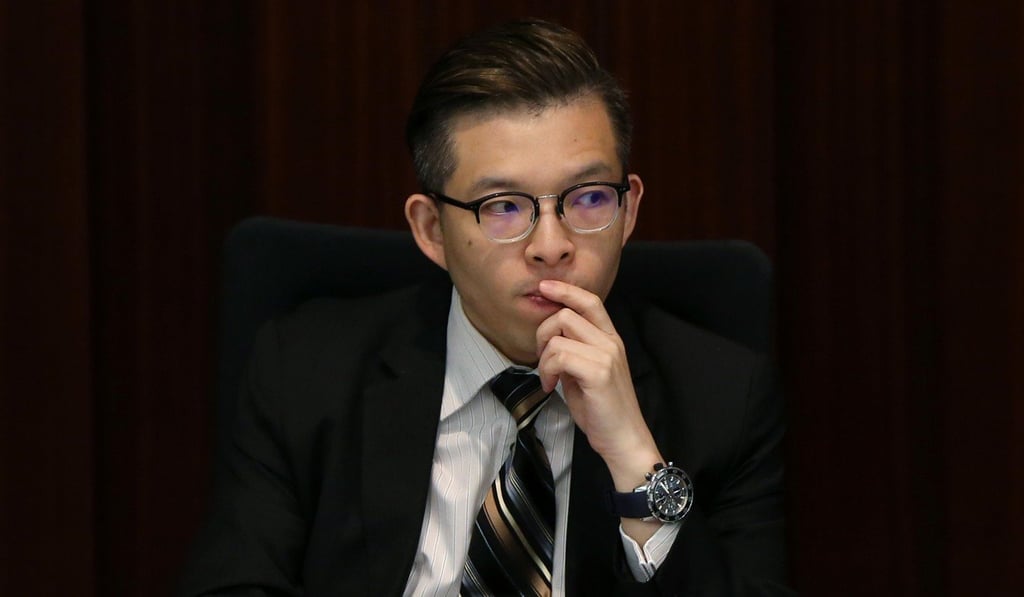Advertisement
Hong Kong extradition law needs revising because it was ‘rushed’ and current arrangement is impractical, Security Bureau tells Legislative Council
- Responding to questions from Legco’s legal adviser, the bureau said the extradition law was passed just three months before the 1997 handover
- Under existing ad hoc arrangement, which has never been used, one-off extradition requests must be approved by lawmakers
Reading Time:2 minutes
Why you can trust SCMP

Hong Kong’s extradition law needed revising because the current mechanism on ad hoc fugitive transfers was impractical and had “possibly been rushed through” when it was passed into law 22 years ago, security officials told the Legislative Council on Wednesday.
The Security Bureau was responding to dozens of questions on the controversial extradition bill raised by Legco’s legal adviser. The bill, if passed, would allow a case-by-case transfer of fugitives to jurisdictions Hong Kong does not have a deal with, including mainland China, Taiwan and Macau.
But the bill has triggered a political storm, with the pro-democracy camp fighting it amid fears it might be used to prosecute people for political reasons. It has also aroused concern among the business sector and some overseas governments, and prompted a mass protest in the city in April.
Advertisement
Officials, however, have stressed the urgency of passing the bill to allow the transfer of murder suspect Chan Tong-kai, 20, to Taiwan, as he could be released from jail on a related offence in Hong Kong as early as October, leaving him free to flee the city and potentially evade extradition.

Advertisement
Under the current Fugitives Offenders Ordinance, the administration can make a special one-off arrangement to send a suspect to any jurisdiction without a formal agreement, but it must be first gazetted and then get approval from lawmakers before the suspect can be transferred.
Advertisement
Select Voice
Select Speed
1.00x